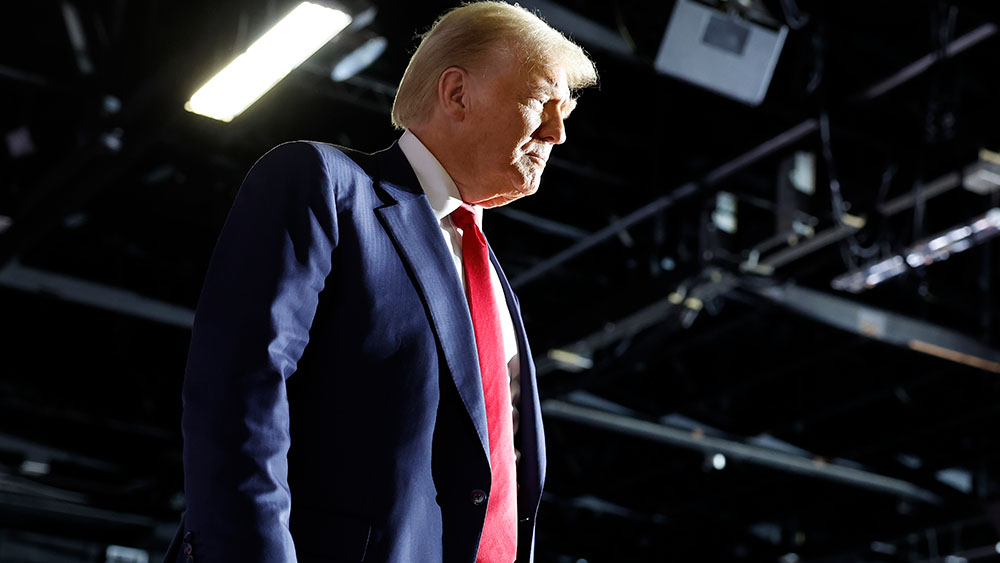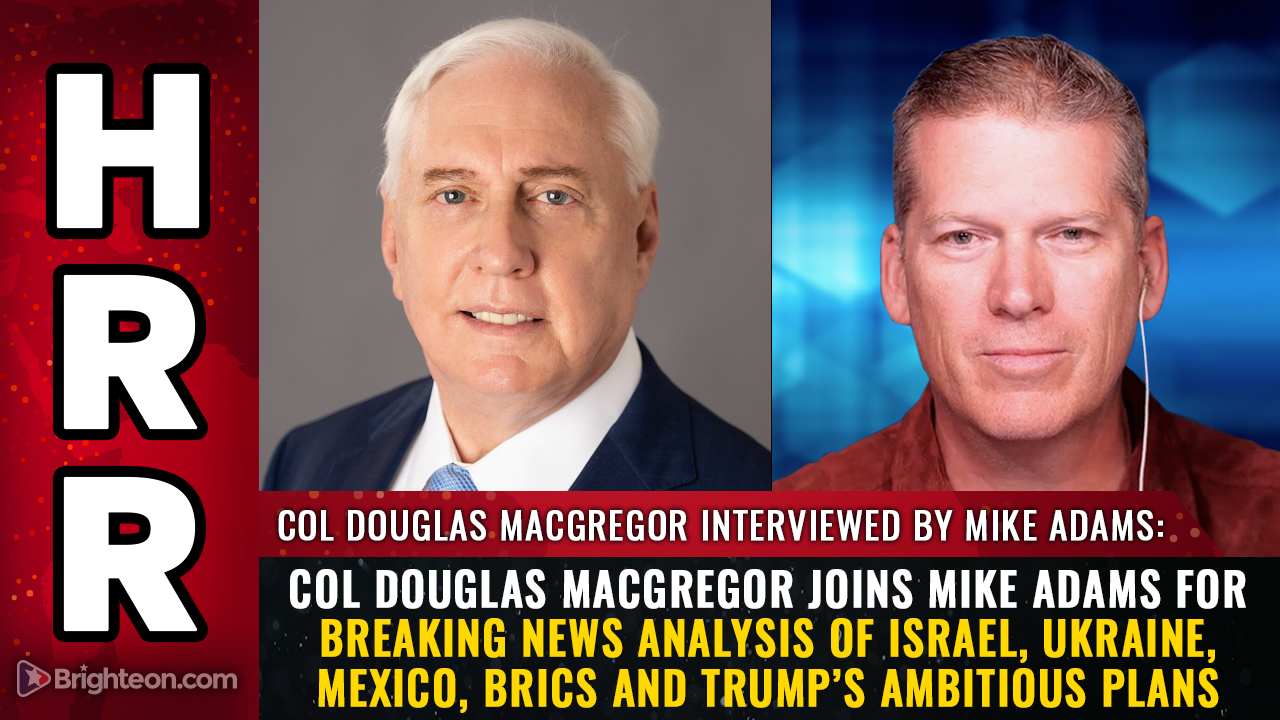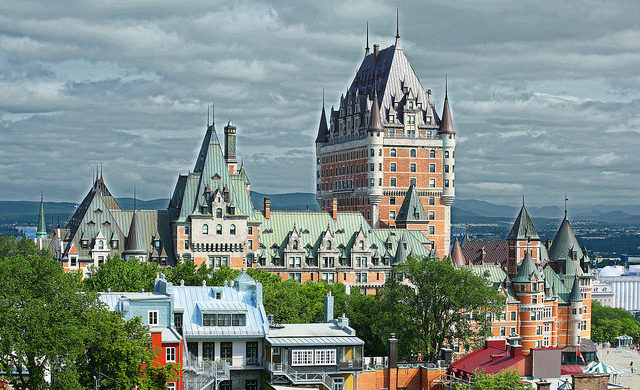Trump’s tariffs are economic nonsense, but far-right culture war catnip
The “cult of Bismarck” in Germany is instructive on the cultural basis of Trump’s tariffs and, relatedly, cultural nationalism devoid of an economic rationale.

President Trump’s threatened 25 percent tariffs against Canada and Mexico — now delayed for a month — have been called dumb, absurd, baffling, purposeless and “a sledgehammer for a non-existent problem.”
The tariffs are nonsense, whether from trade or economic nationalism perspectives. However, they make sense in ominous cultural terms, as outlined in Trump’s second inaugural speech — his “I Have a Nightmare” speech, which listed off America’s many trade and cultural enemies.
Prominent mercantilist thinkers such as Alexander Hamilton and Friedrich List established in their time an economic rationale for protectionism to grow “infant industries.” Today, however, such justifications are completely out of date. Tariffs will only harm fully grown and highly competitive American industries — from agriculture to automobiles to artificial intelligence.
Another nationalist case for tariffs arises during severe economic downturns, when groups hurting from global exposure petition for protection. The Panic of 1873 instigated high tariffs in Germany, and the Smoot Hawley tariffs in the U.S. were implemented in 1930, at the beginning of the Great Depression. But there is no equivalent economic crash in the U.S. currently.
Another pretext involves declining terms of trade against Canada and Mexico. But this is just economic gobbledygook. For competitive and prosperous economies, trade deficits from the import of cheap products only frees up domestic capital for innovative and efficient industries and agriculture, in the same way buying cheap groceries and products frees up your wallet to pay for education or investment in your own small business. This is why Republicans such as Sen. Rand Paul (R-Ky.) have criticized Trump’s tariffs as taxes on U.S. citizens.
That does not mean countries like China that exploit the rules of international trade do not need to be thwarted. Trump has bipartisan support against China.
The exemplar for economic nationalism in the Western world is pre-World War II Germany, starting with Imperial Chancellor Otto von Bismarck, who completed the unification of the German state in 1871. Bismarck carefully thought through his economics, and applied tariffs carefully for cultural ends.
The famous “iron and rye” coalition that Bismarck forged with tariffs in 1879 protected the interests of the powerful Prussian landed aristocracy, known as Junkers, and that of increasingly inefficient German iron and steel. In economic terms, it was an “inferior” solution that sacrificed the efficient interests of small agriculture west and south of the Elbe River and that of competitive German industries such as chemicals. Tariffs unified Germany, albeit on a militarized path.
The “cult of Bismarck” in Germany, following his removal in 1890 and death in 1898, is instructive on the cultural basis of Trump’s tariffs and, relatedly, cultural nationalism devoid of an economic rationale.
First, starting in the late 1890s, the German right became increasingly populist and drew its support from the middle classes rather than the old conservative Junker and industry interests. Trump's MAGA movement is the American populist equivalent. The radical German right hoped for unity with traditional conservatives in Germany, leading eventually to the formation of the weak “Kartell der schaffenden Stände” (Cartell of Productive Estates) in 1913. The American equivalent may be the billionaire oligarchs who were present at Trump’s inauguration, standing alongside MAGA populists. It is a tenuous coalition.
Second, the German radical right drew increasingly upon racist, especially antisemitic, ideas to deepen German nationalism. The origins can be traced to Bismarck’s “kulturkampf” (“culture war”) of 1871 to 1878, which sought to purge Catholic influences in Prussia. Under the Bismarckian cult from the late 1890s onwards, culture wars increasingly excluded anyone deemed to be an outsider — especially Jews, even though Jewish soldiers fought for Germany in WWI.
Trump’s tariff strategy parallels his crackdown on “illegal immigrants" and fentanyl smuggling, which were explicitly mentioned when tariffs were announced against Canada and Mexico.
Third, militarization accompanied economic nationalism in Germany. Trump’s punitive tariffs were coupled with threats to annex Canada as the 51st state, and he has threatened Panama and Denmark in the name of U.S. economic interests. He appointed a far-right figure, who has religious Crusades imagery tattooed on his chest, as his defense secretary. He pardoned or commuted the sentences of the far-right militants imprisoned for their violent acts on Jan. 6, 2021.
In Project 2025, the Heritage Foundation document increasingly seen as underlying Trump’s executive orders, Trump economic advisor Peter Navarro makes the case for tariffs for an “American manufacturing and defense industrial base renaissance.”
In return for a month’s delay in tariffs, Canada and Mexico agreed on Monday to station 10,000 troops or personnel each to “catch” fentanyl smuggling, a dubious decision in the case of Canada and a complicated one in the case of Mexico. Canada will pay $138 million toward anti-fentanyl efforts. Mexican President Claudia Sheinbaum pointed out that her nation’s drug cartels wield guns smuggled from America. Trump’s blackmails now alarm the world.
Cultural arguments help us understand the basis of Trump tariffs, which will need a conservative economic basis to gain support beyond MAGA populists. Otherwise, they remain a cultural nightmare. Nationalist cultural nightmares end in horrific conflict and wars.
The economic strength and voice of American agriculture and industry can prevent such outcomes. If not, there are markets: The stock market volatility Monday was a warning shot from the reality-based world of economics.
J.P. Singh is Distinguished University Professor at George Mason University and Richard von Weizsäcker Fellow with the Robert Bosch Academy (Berlin). He is co-editor-in-chief of Global Perspectives.

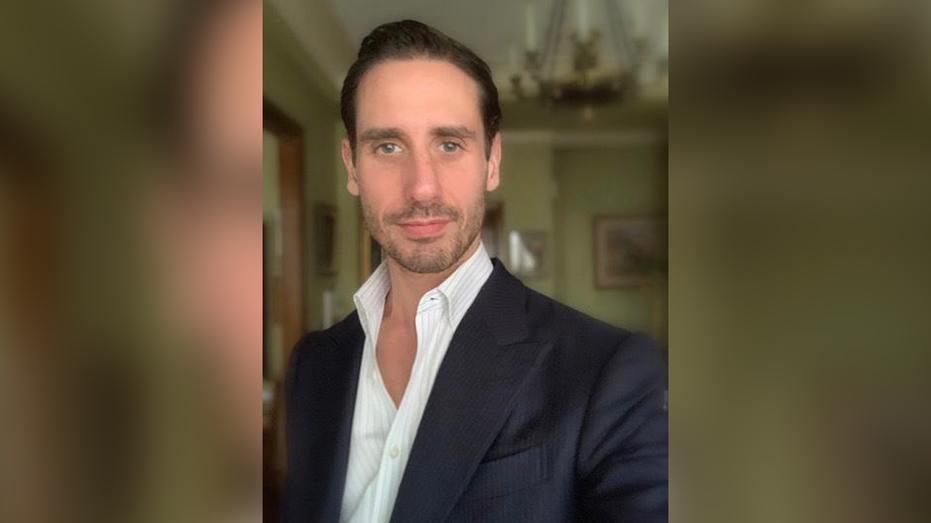




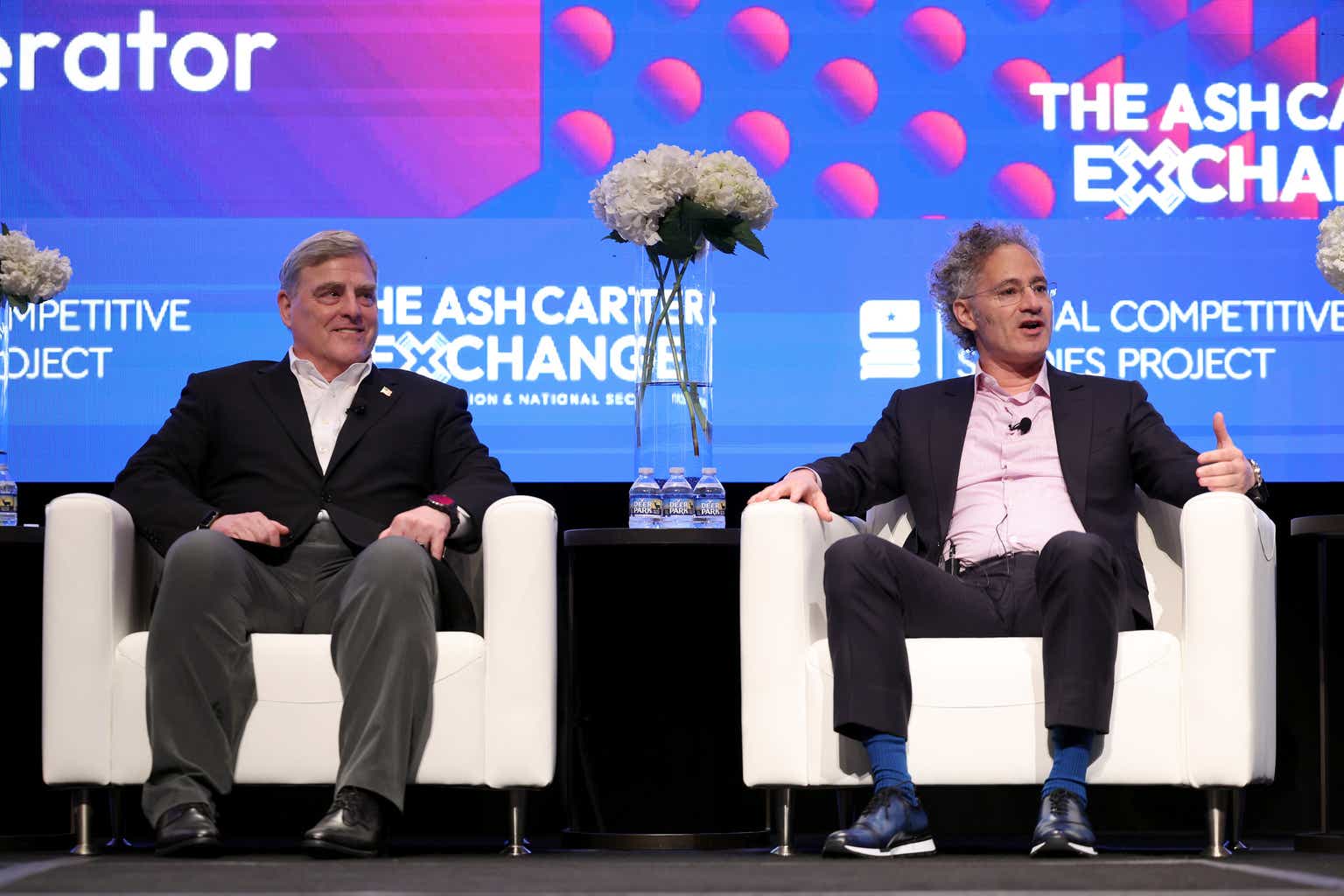




![How to Build Scalable Access Control for Your Web App [Full Handbook]](https://cdn.hashnode.com/res/hashnode/image/upload/v1738695897990/7a5962ce-9c4a-4e7c-bdeb-520dccc5d240.png?#)


























